Building financial stability requires smart decision-making, and avoiding certain purchases is a key part of the process. Many people fall into spending traps that drain their resources and keep them from reaching their financial goals. By identifying these unwise purchases, you can make better choices and protect your finances. Here are 20 purchases that can keep you poor and how to avoid them.
Brand-New Cars

Shutterstock
A new car loses up to 20% of its value the moment you drive it off the lot. The high cost of financing, insurance, and depreciation makes it one of the worst financial decisions. Opting for a reliable used car instead can save thousands. Buying wisely prevents your money from driving away.
Expensive Electronics Upgrades

Shutterstock
Frequently upgrading to the latest phone, TV, or gaming system drains your finances unnecessarily. These items often have minor improvements that don’t justify their high price tags. Using your devices until they no longer function well is a smarter financial move. Avoiding this trap saves significant money over time.
Daily Coffee Shop Visits

Shutterstock
Spending $5 or more on coffee every day adds up to hundreds—or even thousands—of dollars annually. Brewing your coffee at home costs a fraction of the price and is just as satisfying. Small daily expenses like this can have a big impact on your budget. Cutting back can free up money for more important goals.
Subscription Overload
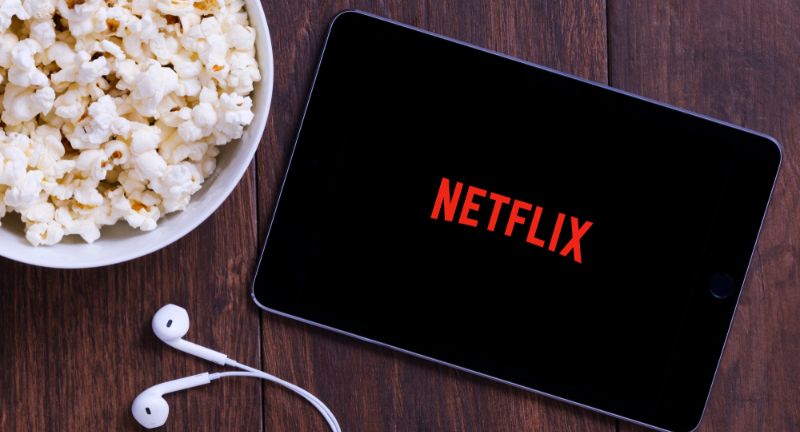
Shutterstock
Multiple subscriptions for streaming services, magazines, or fitness apps can silently eat into your budget. Many people forget about subscriptions they no longer use. Reviewing your accounts regularly and canceling unused services can save hundreds each year. Simplicity is key to managing your finances effectively.
Luxury Clothing and Accessories
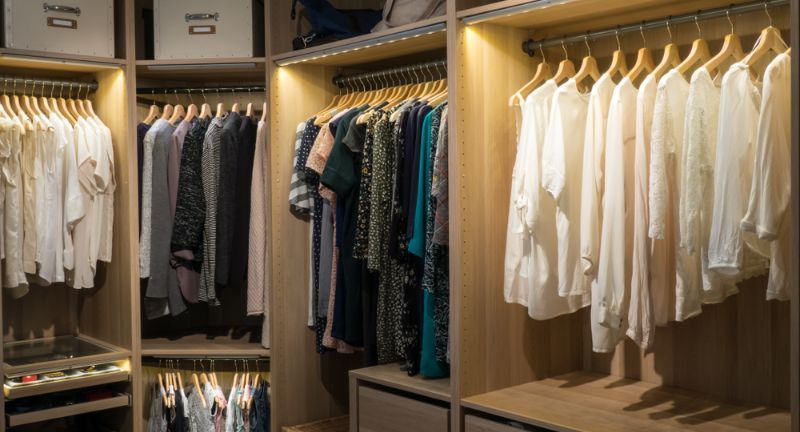
Shutterstock
Designer brands may look appealing, but their high prices often exceed their actual value. Investing in quality basics or shopping for deals ensures you get more for your money. Focusing on practicality rather than labels keeps your finances in check. Luxury isn’t worth financial strain.
Frequent Dining Out

Shutterstock
Dining out frequently can lead to major overspending compared to cooking at home. Restaurant meals are often marked up significantly, and tips add to the expense. Preparing meals at home not only saves money but also allows for healthier options. Save dining out for special occasions to keep your budget intact.
Lottery Tickets
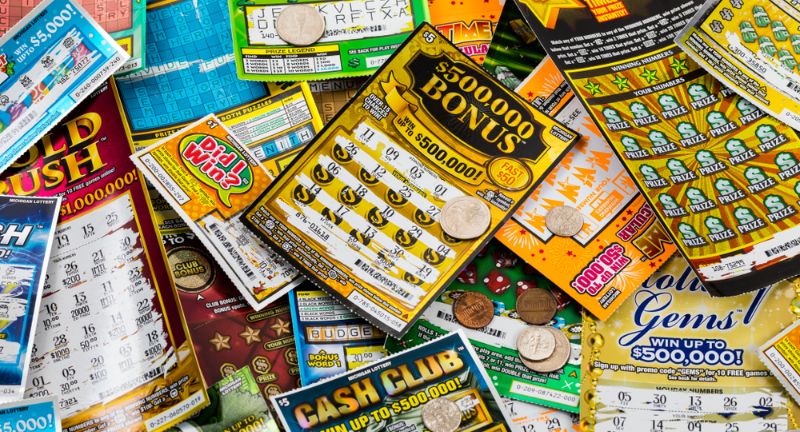
Shutterstock
The odds of winning the lottery are astronomically low, making it a poor financial choice. Regularly buying tickets adds up to a significant loss over time. Instead, invest that money in savings or retirement accounts where it can grow. Gambling isn’t a path to wealth—smart planning is.
Impulse Purchases

Shutterstock
Grabbing items on a whim, especially big-ticket ones, often leads to regret and financial strain. Taking time to evaluate whether you truly need something helps avoid unnecessary expenses. Creating a cooling-off period before purchases helps prevent overspending. Discipline is key to financial success.
Overpriced Gym Memberships
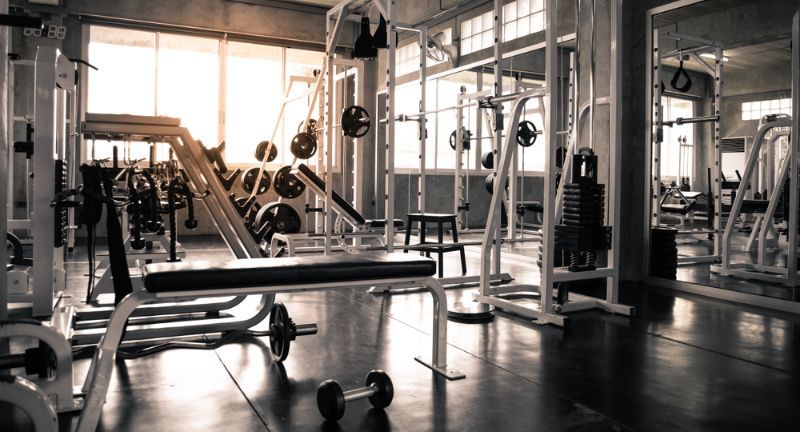
Shutterstock
High-end gyms with luxurious amenities can cost a fortune, and many people don’t use their memberships enough to justify the expense. Exploring more affordable fitness options like community centers or home workouts can save you money. Prioritize what you actually use, not the fancy extras.
High-Interest Debt
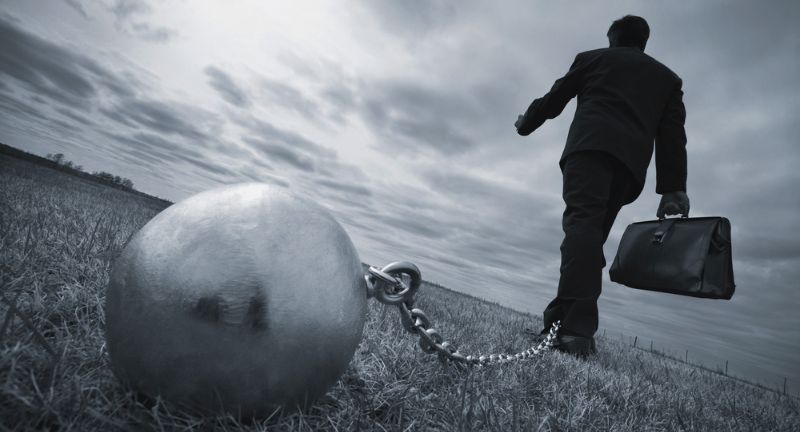
Shutterstock
Carrying balances on high-interest credit cards or loans can cost you thousands in interest payments over time. Prioritize paying off these debts to free up your finances for savings and investments. Avoiding high-interest debt is essential for financial growth. Borrowing wisely is critical to staying out of poverty traps.
Unnecessary Extended Warranties
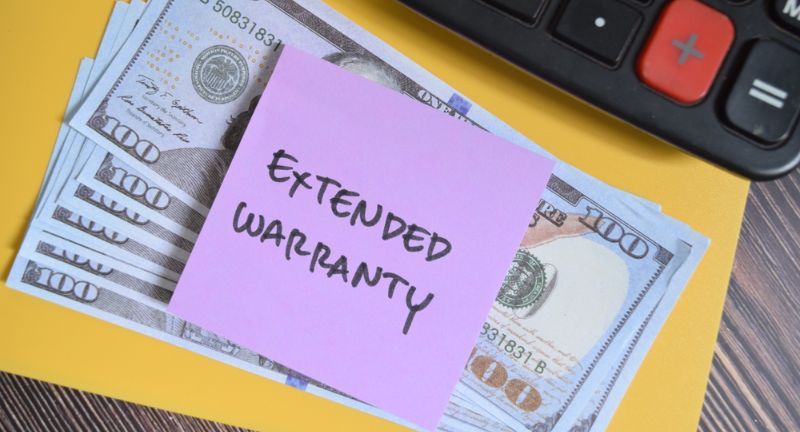
Shutterstock
Extended warranties often cost more than the potential repairs they cover. Many products are reliable enough that repairs are unlikely during the warranty period. Instead, set aside an emergency fund for unexpected costs. Avoiding unnecessary warranties keeps more money in your pocket.
Over-the-Top Weddings

Shutterstock
Lavish weddings with hefty price tags can leave couples in debt for years. Prioritize meaningful experiences over extravagant expenses. Budget-friendly options, like smaller guest lists or DIY decorations, can make your day special without breaking the bank. Starting married life financially secure is more valuable than a one-day splurge.
Buying Convenience Foods
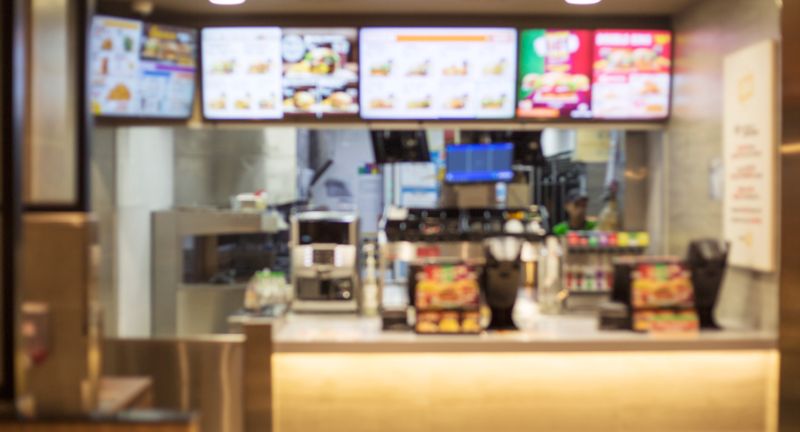
Shutterstock
Pre-packaged meals and snacks are convenient but come at a premium price compared to cooking at home. Preparing meals from scratch is not only more affordable but also healthier. Buying in bulk and planning meals saves significant money over time. Avoiding convenience foods helps stretch your budget.
Fast Fashion
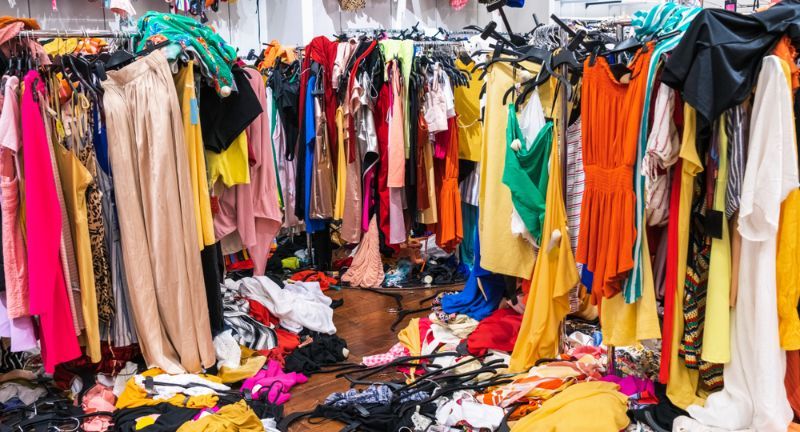
Shutterstock
Cheap, trendy clothing may seem like a good deal, but it often wears out quickly, requiring frequent replacements. Investing in quality pieces that last longer reduces overall clothing expenses. Building a timeless wardrobe saves money in the long run. Fast fashion might be cheap now but costs more over time.
Unnecessary Home Upgrades
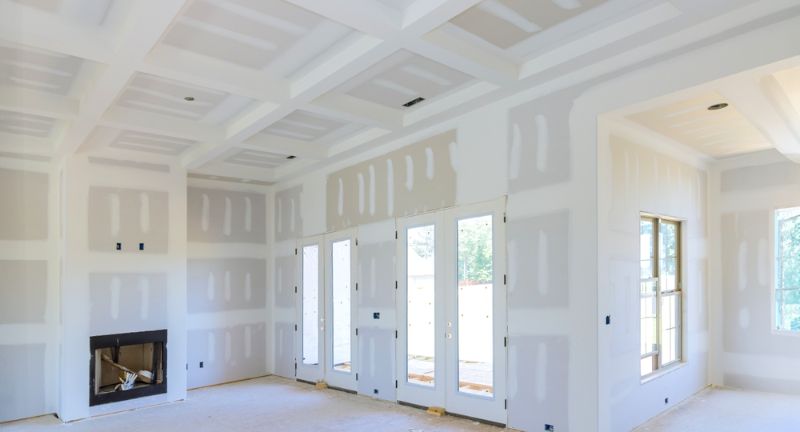
Shutterstock
Frequent remodeling projects, especially for cosmetic updates, can drain your finances. Focus on necessary repairs and maintenance rather than non-essential upgrades. Smaller DIY improvements can boost your home’s appeal without a hefty price tag. Avoid overspending on changes that don’t add significant value.
Buying Brand-New Furniture

Shutterstock
Brand-new furniture often comes with high markups. Opting for secondhand or refurbished pieces can save you hundreds or even thousands. Sites like Facebook Marketplace and thrift stores are great places to find quality furniture at a fraction of the price. Smart furniture shopping protects your budget.
Expensive Cable Packages
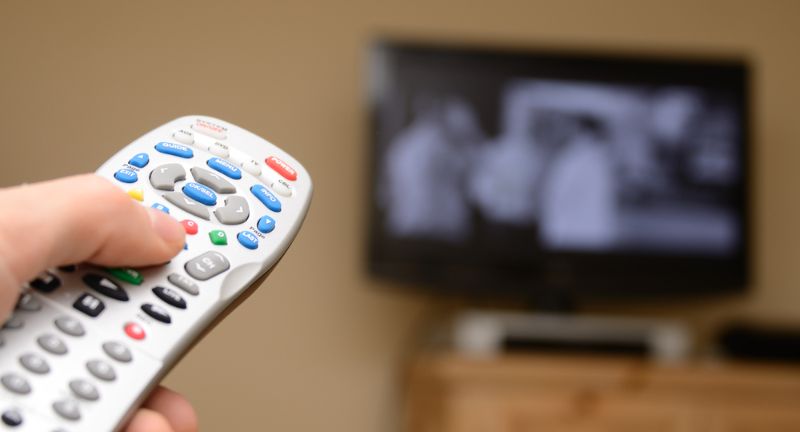
Shutterstock
High-priced cable packages with hundreds of channels you never watch are a waste of money. Switching to streaming services or cutting the cord entirely can save hundreds annually. Free or low-cost options often provide the same entertainment value. Evaluate your actual viewing habits to trim unnecessary costs.
Overpaying for Insurance

Shutterstock
Paying for excessive coverage or expensive plans can eat into your budget unnecessarily. Regularly reviewing your insurance policies ensures you’re not overpaying for coverage you don’t need. Shopping around for competitive rates can also lower your premiums. Smarter insurance choices save significant money over time.
Buying New Books

Shutterstock
Brand-new books can be pricey, especially if you’re an avid reader. Borrowing from the library or purchasing secondhand books are budget-friendly alternatives. E-books and free digital resources are also great options. Avoiding new book purchases helps reduce unnecessary spending.
Unnecessary Travel Upgrades

Shutterstock
Paying extra for first-class flights, luxury hotels, or premium car rentals can quickly blow your travel budget. Focusing on affordable and practical options ensures you can travel more often without financial strain. Budget travel can be just as enjoyable with careful planning. Save the splurges for truly special occasions.
Expensive Gifts

Shutterstock
Buying lavish gifts for friends and family may feel generous, but it can hurt your financial health. Thoughtful, affordable presents or DIY options are often just as meaningful. Set a budget for gifts to avoid overspending. Prioritizing financial stability ensures you can give without regret.
Conclusion

Shutterstock
Avoiding unwise purchases is a crucial step toward achieving financial stability and freedom. From reducing impulse buys to focusing on value over luxury, small changes in spending habits can lead to big savings. By steering clear of these 31 pitfalls, you’ll be better equipped to grow your wealth and reach your financial goals. Smart spending is the foundation of long-term financial success.






















































